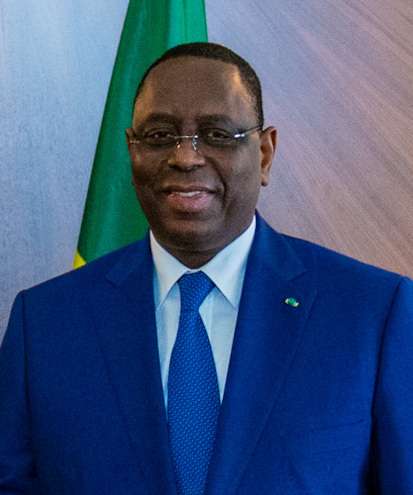
Yoweri Museveni says that his government has the capacity to control the epidemic
Uganda’s President Yoweri Museveni has said that there is no need to impose restrictions in Ebola hotspots in the central region because the viral disease is not airborne.
Ebola is spread through contact with an infected person or infected surfaces and human waste.
The association of medical workers in the country had previously called for the affected region to be put under quarantine to stop further spread of the haemorrhagic fever.
Mr Museveni said his government had the capacity to control the epidemic due to previous experience with similar outbreaks. This is the fourth time Ebola has broken out in Uganda.
He said that health experts who had previously dealt with Ebola outbreaks had been deployed to the affected region.
It is currently taking 24 hours for samples to be tested and laboratory results to be released.
The president said the government would set up a laboratory at Mubende district headquarters, the epicentre of the outbreak, to quicken the sample processing.
Six medical workers who treated the 24-year-old man who was later identified as the first case, have tested positive for Ebola.
A total of 24 people have been confirmed to be infected by the virus in the country, five of whom have died, since the outbreak was declared last week.
Meanwhile, the World Health Organization’s office in sub-Saharan Africa says the ongoing Ebola outbreak in Uganda was detected late.
Preliminary investigations suggest that the patient could have developed symptoms in August but it was not immediately picked up as an Ebola case.
At least 24 people have so far tested positive for the Sudan strain of the Ebola virus, which has left four people dead.
Dr Patrick Otim, who is overseeing the Ebola response in Uganda, told the BBC that response teams on the ground are finding it difficult to identify patient zero.
This is because by the time Uganda declared the outbreak several deaths had already been reported in the community – with many more having attended funerals.
Dr Otim said it is suspected that these deaths could have been caused by the Ebola outbreak.
The symptoms of the Sudan strain are similar to other diseases such as malaria and typhoid, which are endemic in the affected areas, and is proving a challenge to medics.
There is no vaccine for the Sudan strain of the Ebola virus, as this type of outbreak is rare.
The only available vaccine is effective against the Zaire strain that has caused outbreaks in West Africa and neighbouring Democratic Republic of Congo.




Recent Comments